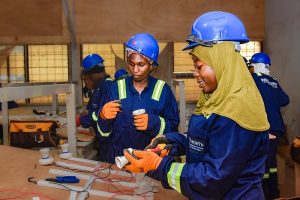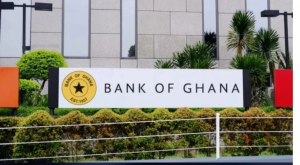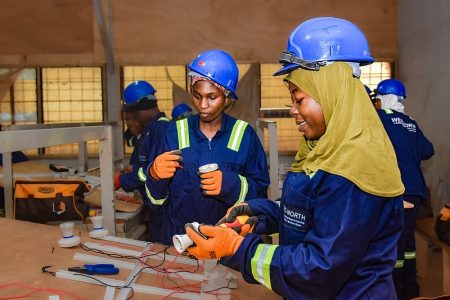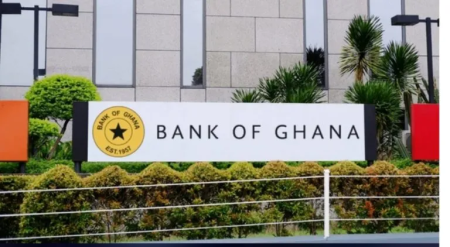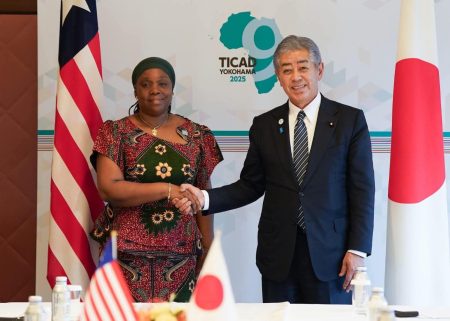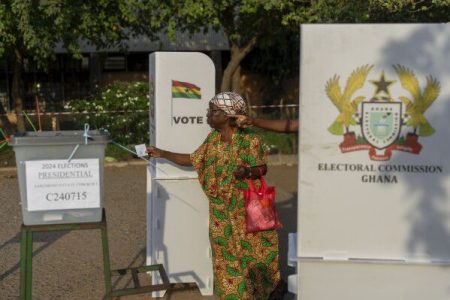The proposed abolishment of the $1 million minimum capital requirement for foreign traders in Ghana has ignited a debate about its potential impact on the nation’s economy. IMANI Ghana, a prominent policy think tank, has expressed strong support for the reform, viewing it as a catalyst for entrepreneurship, innovation, and broader economic participation. President John Dramani Mahama announced the proposed change at the Ninth Tokyo International Conference on African Development (TICAD-9), emphasizing its aim to open Ghana’s market to a wider range of investors, not solely those with significant capital. The existing requirement, enshrined in the Ghana Investment Promotion Centre (GIPC) Act of 2013, mandated a $1 million investment and the employment of 20 skilled Ghanaians for foreign traders, often acting as a deterrent to smaller-scale, innovative ventures. IMANI Ghana argues that removing this barrier will foster genuine partnerships and stimulate job creation, aligning with President Mahama’s vision of a more inclusive investment landscape.
The current GIPC Act, while including exemptions for sectors like manufacturing and exports, has been criticized for its restrictive nature and limited effectiveness in attracting diverse foreign investment. IMANI President Franklin Cudjoe argues that the $1 million threshold was largely symbolic and did not necessarily guarantee responsible investment practices. He advocates for a framework that prioritizes responsible investment and incorporates robust local content provisions, ensuring that new entrants contribute meaningfully to the Ghanaian economy through skills development and technology transfer. This shift, IMANI posits, could transform Ghana’s investment landscape, fostering a more vibrant and dynamic business environment that benefits both domestic and foreign stakeholders. Furthermore, Cudjoe emphasizes the importance of addressing systemic challenges such as logistical bottlenecks and high capital costs, warning that deregulation alone is insufficient to attract sustainable and impactful foreign investment
Ghana’s recent foreign direct investment (FDI) inflows have fluctuated, highlighting the need for policy adjustments to encourage consistent and substantial investments. Data from the GIPC indicates registered project commitments of $618 million in 2024, while Bank of Ghana figures suggest actual inflows were considerably lower at $265 million as of March 2024, reflecting methodological differences and potentially indicating a gap between commitments and realized investments. The World Bank’s data further underscores this volatility, showing FDI peaking at over 2 percent of GDP in 2021 but subsequently declining below 1 percent. This downturn is attributed to factors such as macroeconomic instability, high financing costs, and persistent infrastructure gaps. These figures underscore the need for a multifaceted approach to attracting FDI that goes beyond simply removing the minimum capital requirement.
The proposed reform, while promising, raises concerns about potential impacts on local businesses. The Ghana Union of Traders Associations (GUTA), which has historically clashed with foreign trader associations like NUTAG, may view the relaxed regulations as a threat to local businesses. Previous disputes over reserved-sector rules suggest that tensions could resurface if local traders perceive increased competition from foreign entrants. Addressing these concerns is crucial for ensuring broad-based support for the reform and mitigating any negative consequences for domestic businesses. IMANI acknowledges these concerns, advocating for strengthened regulatory frameworks and aftercare services from the GIPC rather than outright exclusion of foreign traders. This approach aims to balance openness to foreign investment with the protection and development of local enterprises.
Ghana boasts significant potential in sectors like agribusiness and mining, which could attract substantial foreign investment. Cocoa, contributing 2.5 percent of GDP and a quarter of export earnings, represents a key area for growth. Cassava production, exceeding 19 million tonnes annually, offers another promising avenue for investment. In the mining sector, gold remains a dominant force, while offshore oilfields like Jubilee and Sankofa continue to attract international interest. Leveraging these existing strengths and directing investment into infrastructure that supports these sectors could significantly enhance Ghana’s economic development and diversify its export base.
To maximize the benefits of the proposed reform, IMANI emphasizes the importance of strategic infrastructure development. Simply deregulating the trading sector is insufficient. Instead, investments must be channeled towards projects that enhance nationwide connectivity and facilitate broader economic participation. This includes prioritizing investments in roads, renewable energy, and public housing, ensuring that the benefits of increased trade and investment are distributed across the country and contribute to sustainable, inclusive growth. As Parliament prepares to amend the GIPC Act, finding the right balance between attracting foreign capital and protecting local businesses will be critical for ensuring the reform’s long-term success and contributing to a more prosperous and equitable Ghanaian economy.


